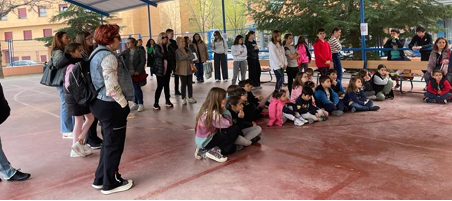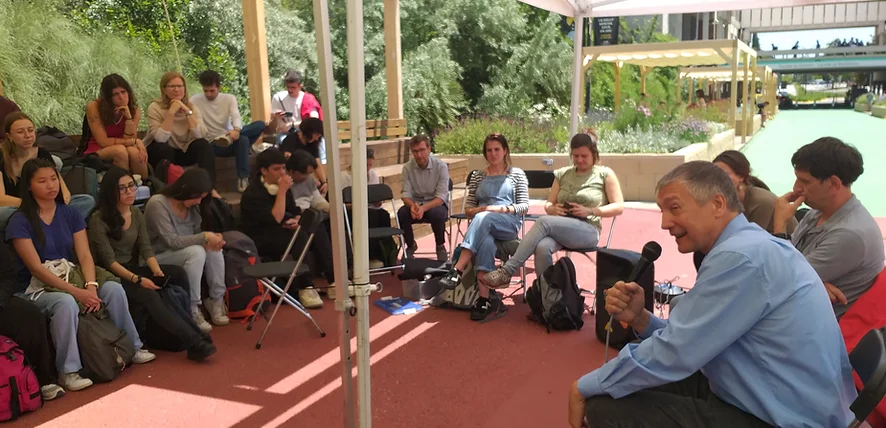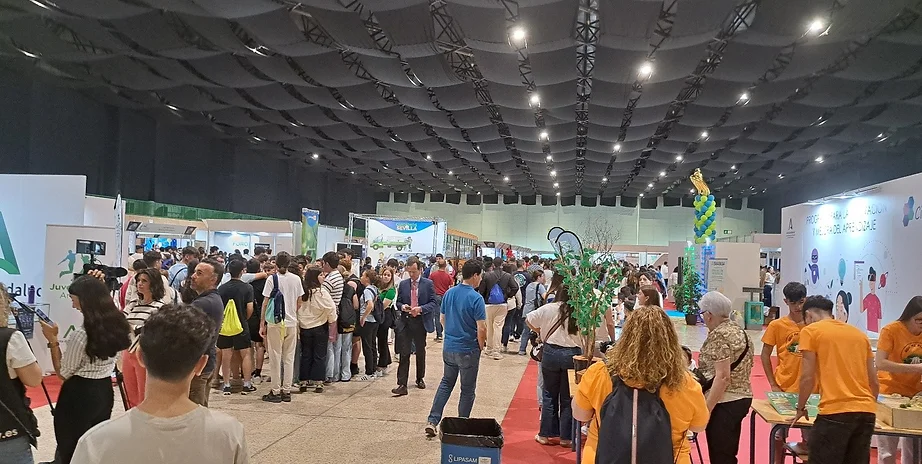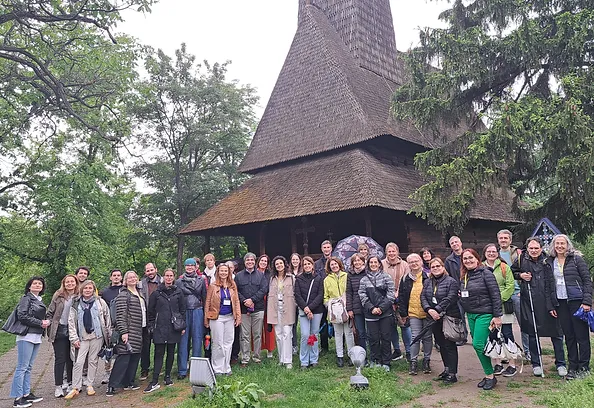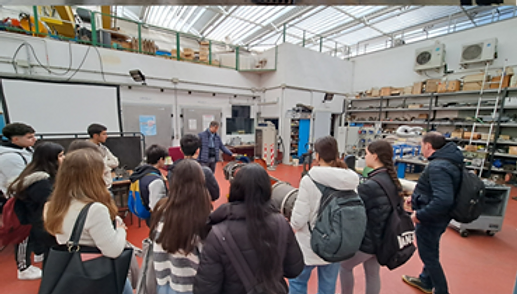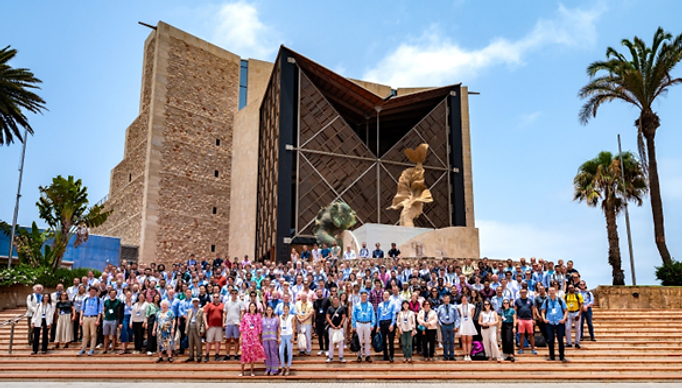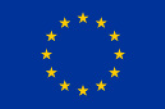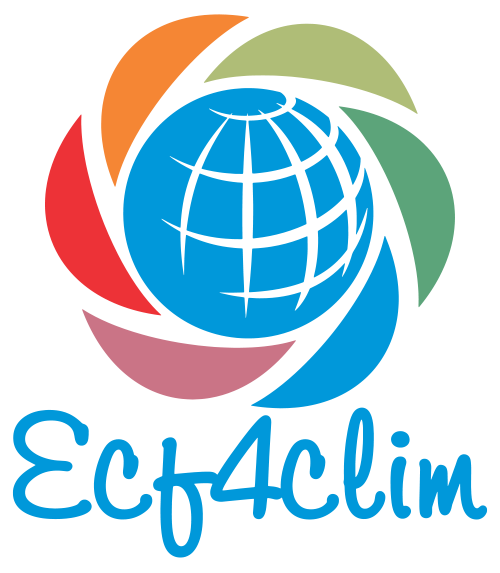Events
ECF4CLIM Final Conference, Madrid, 10–12 December 2025
The Final Conference of the ECF4CLIM Project will be hosted by CIEMAT in collaboration with the Madrid demonstration site. Over three days, researchers, educators, policymakers, students, and community partners from across Europe will come together to review the project’s achievements and explore future pathways for strengthening sustainability competences through education. Day 1 focuses on a
ECF4CLIM 5th General Assembly: A Week of Collaboration, Innovation, and Impact in Tampere
The fifth General Assembly of the ECF4CLIM project was successfully held in Finland, organized by the University of Jyväskylä at Aito toimintakeskus, in with insightful visits to demonstration sites in Tampere. This pivotal event brought together partners, stakeholders, and experts for a dynamic and collaborative week focused on evaluating progress, exchanging ideas, and shaping the
Best Intervention Award, Tampere, 2025 May 21
The ceremony was organized to celebrate creativity, collaboration, and the power of positive change in our schools and universities. Over the past two years, students and teachers from different institutions have worked side by side to design and implement interventions aimed at improving school life, infrastructure, and education for sustainability. A jury has reviewed the
UAB activities conceptualizing the Eco-social Crisis
A series of courses and workshop developed at Universitat Autonoma de Barcelona were implemented as ECF4CLIM a sustainable intervention A set of activities, grouped as Eco-social Crisis Course, were developed at UAB () as part of the ECF4CLIM participatory process. The course approached different topics related to the climate crisis and its consequences. Professors form UAB,
22nd edition of Science Fair, Seville, May 2024
SCIENCE, EDUCATION AND SUSTAINABILITY: ECF4CLIM promoted the implementation of sustainable interventions in schools, fostering changes towards sustainability for students, teachers, staff and citizens During this fair, students, teachers and researchers met to share projects, through the exhibition in information stands. The University of Seville has taken advantage of this event of general interest to present
Bucharest, 2024 May 9-10, ECF4CLIM General Assembly and Steering Group
ECF4CLIM General Assembly & Steering Committee 6th Meeting in Bucharest, 9-10 May 2024, with a focus on the demonstrative interventions in schools and universities. With participation of researchers from the partners, teachers and professors from the associated partners, schools and universities from Finland, Portugal, Spain, and Romania. With a real exchange of perspectives, experiences, and
Co-working on the structural and educational interventions with our intervention sites
Some identified interventions as valuable for the improvement of the sustainability performances and of the education for sustainability were already implemented in our demonstration sites, schools and universities from Finland, Portugal, Romania, and Spain. Other interventions are in-progress, and some in preparation to be ready for starting at the beginning of the next academic year.
Working day with students, stimulating the sustainability competences building through research activities
On 2024 January 12, at the Escuela Técnica Superior de Ingeniería, a working day with secondary school students was organized to stimulate the interest in developing critical thinking, systemic thinking, and forward-thinking through the development of research projects. Two different project lines have been proposed to support the development of competencies for sustainability: ECF4CLIM: Sustainable
ECF4CLIM project at 36th International Conference on Efficiency, Cost, Optimization, Simulation and Environmental Impact of Energy Systems (Gran Canaria, Spain, June 2023)
University of Seville presented the paper “Use of methodology for the development of competencies in sustainability and carbon footprint reduction in schools” approaching the work with the demonstration sites and the developed tools to improve the sustainability performances. Attendees agreed the developed user-friendly interface is a key step to support the use of the tools
EU Green Week Conference, 2023, June, 6-7
The objectives and current progress of ECF4CLIM project was presented in the Section “Citizen science- Empowering and skilling citizens to become drivers towards a climate neutral and sustainable Europe through citizen science”. The section reflected also the clustering activity of projects: AURORA, I-CHANGE, PSLifestyle, SOCIO-BEE, COMPAIR, GreenSCENT and ECF4CLIM. Link to the recording of the
